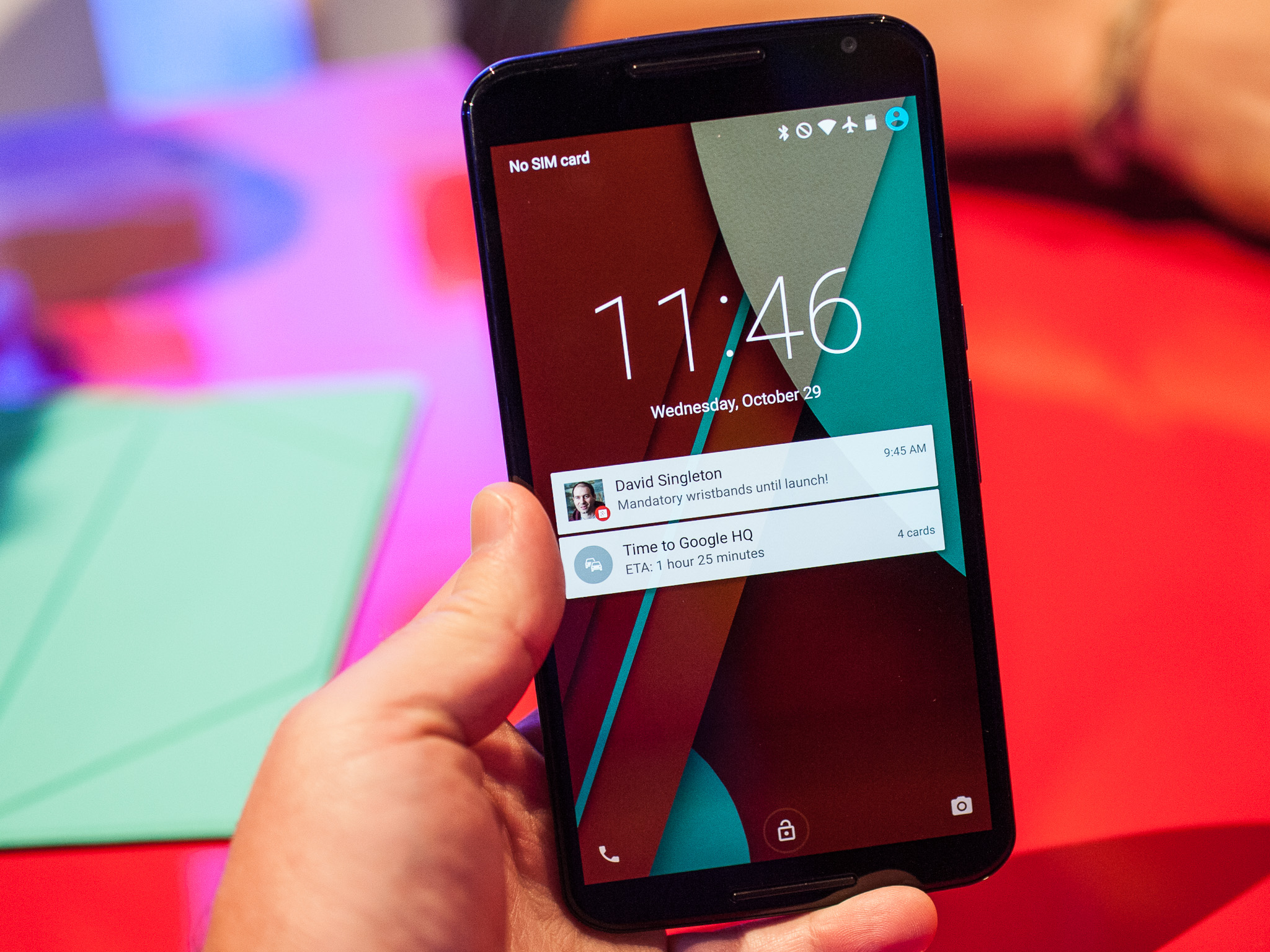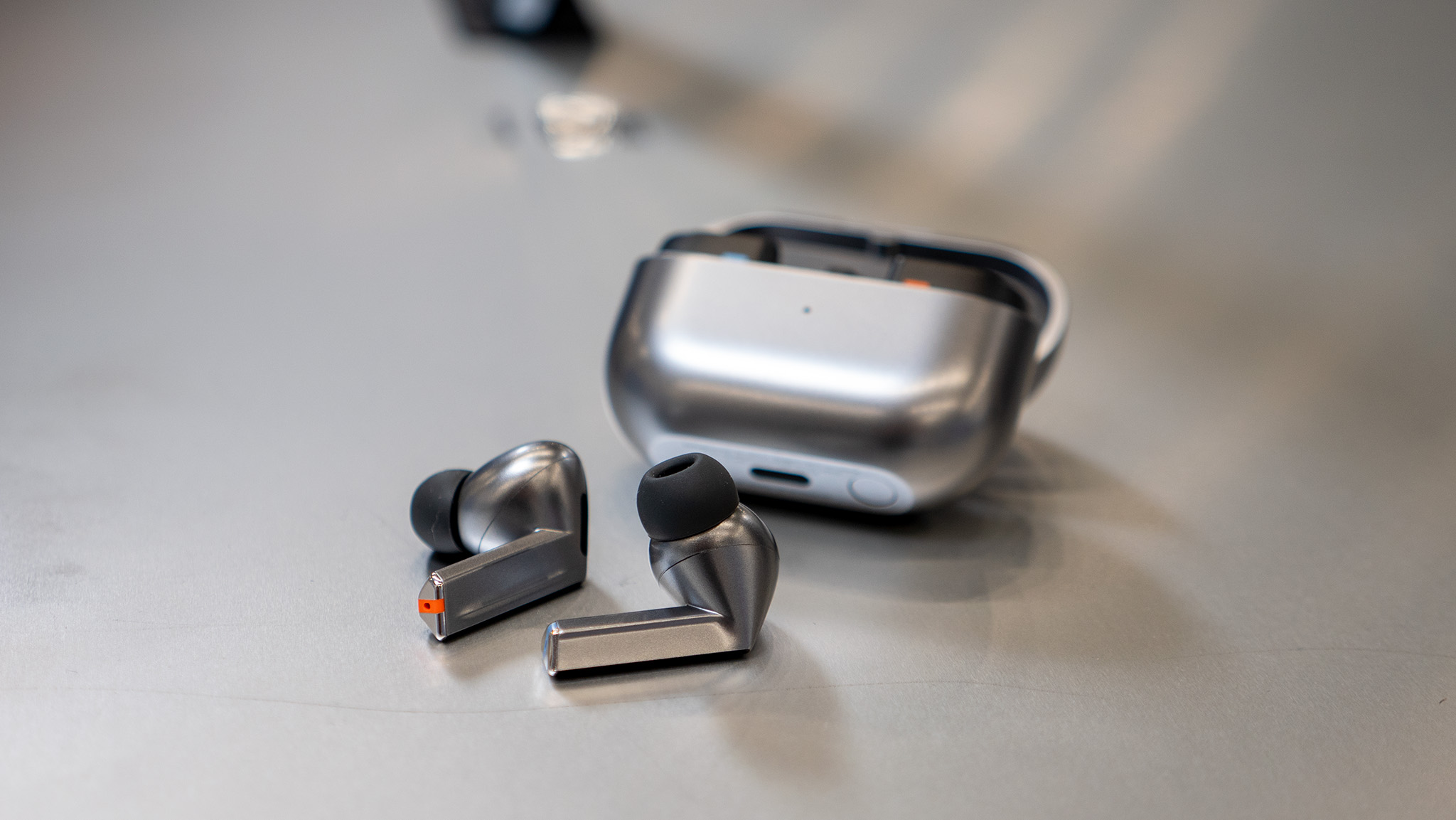Google's Hiroshi Lockheimer talks Lollipop, Nexus strategy

With the launch of Lollipop, Google had created some of the biggest visual changes to Android yet. But there's more to the story than what meets the eyes, and Google executive Hiroshi Lockheimer talks about Lollipop and some of the behind the scenes things that went into Lollipop in his latest interview.
Talking to Business Insider, Lockheimer said that Google launched Lollipop as Android L at Google I/O in a developer preview this year to give developers some time to update their apps. It's a new strategy for Google:
It's the first time since we launched that we did that, and we did that for a reason because we knew this would be a big release and we wanted to give developers a lot of runway to get their apps updated. It's a pretty exciting time.
The changes in Android 5.0 was the result in a culmination of things, making its launch big. Lockheimer says there was the Material Design, which affected the UI. The switch to a different runtime improved performance. And also there is a shift to 64-bit.
The new runtime is a lot smoother in terms of how it schedules tasks. So the user interface is going to feel a lot smoother and more fluid. You won't see the stutters you used to see. So we did that in conjunction to make sure all these new animations that we're doing in Material Design are much more fluid.
And in terms of Lollipop, it's the first release of Android to have started and ended with Android boss Sundar Pichai.
Yeah, absolutely. Kit Kat [the last version of Android] sort of started with Andy but finished with Sundar. Lollipop started with Sundar and finished with Sundar. So that's absolutely been a big part of this. And as I said in terms of the team, we've been a cohesive team for a long time, the team has stuck together. We all work really nicely with Sundar. So it's been great.
And in terms of hardware, Lockheimer says that Nexus isn't built to compete with existing OEMs, but was a way for Google to build devices to ensure that Android would work. Essentially made for testing, Google is also happy that Nexus devices are successful consumer devices as well:
We work with partners but we really treat these devices as our own during development. And then, yeah, we release it to the public who buys it. And of course we're happy if a lot of people buy it, but it's also good for us if they end up buying a Samsung or HTC device. That's fine too. It's a win win for us. We don't really see it as we're trying to take share away from someone else.
Source: Business Insider
Get the latest news from Android Central, your trusted companion in the world of Android

